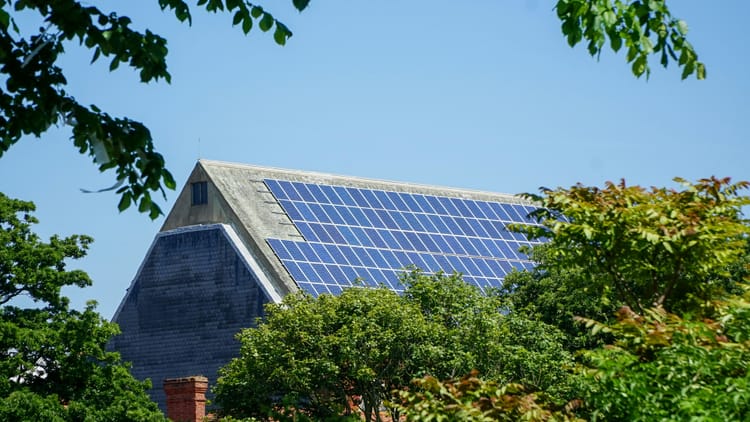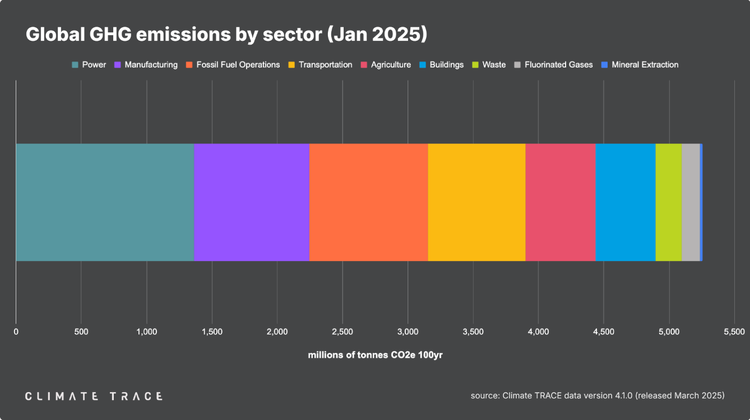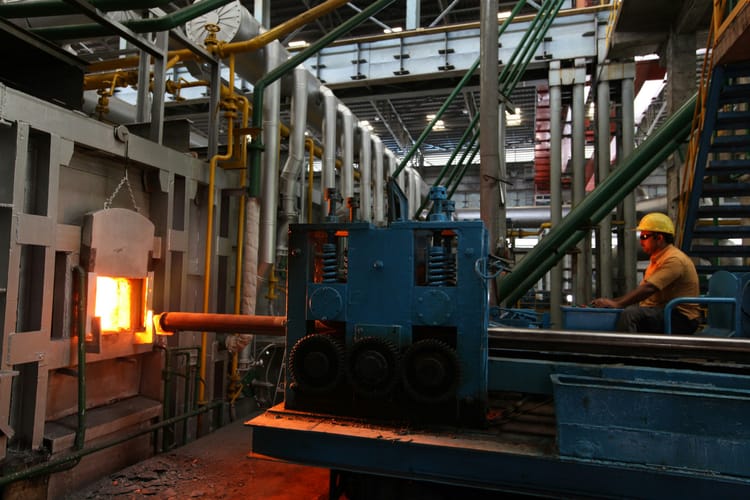Shareholders ask Equinor to explain ‘inconsistency’ between oil expansion and climate goals

A group of minority shareholders in Norwegian oil and gas company Equinor have filed a resolution requesting it to explain how its planned production increase fits within its climate plans.
The resolution filed today by pension funds Sampension and Folksam, along with the Australiasian Centre for Corporate Responsibility (ACCR), argues that the company’s planned increase in oil and gas production is inconsistent with the shareholder expectation that the firm would align its operations with the Paris Agreement.
This expectation was formalised at the 2023 annual general meeting, when the Ministry of Trade, Industry and Fisheries, representing the State of Norway as Equinor’s majority (71%) shareholder, asked the company to set targets and implement measures to reduce greenhouse gas emissions in line with the Paris Agreement.
Now, the minority shareholders are asking Equinor’s board of directors to explain how it assesses this climate inconsistency.
Holding oil and gas companies accountable
Emilie Westholm, Head of Responsible Investments and Corporate Governance at Folksam, said: “This resolution draws attention to the fundamental inconsistencies between Norway’s expectations and Equinor’s oil and gas expansion plans. As a net zero investor, we hope this resolution will bring more clarity on Equinor transition work, including how it aims to achieve its long-term net zero target.”
The initiative is part of a broader movement from activist shareholders trying to keep oil and gas companies accountable for their climate impacts, as many of them step away from their emissions reduction commitments to refocus on fossil fuel expansion.
Jacob Ehlerth Jørgensen, Head of ESG, Sampension, commented: "With its updated strategy, Equinor is turning down its green ambitions and turning up its fossil fuel ambitions. That is simply the wrong path to take at a time when climate change is accelerating.”
‘Inadequate returns’ from oil and gas assets
The investors also make the compelling argument that oil and gas investments are generating “inadequate returns”: studies show that the fossil fuel sector has been consistently underperforming the S&P 500 over the last 10 years. In 2024, fossil fuel stocks reported a 5.72% return, barely one-fifth of the S&P 500’s return of 25.02%, according to the Institute for Energy Economics and Financial Analysis (IEEFA).
“We understand that investing in renewables is difficult in the current environment. But if Equinor can’t make its renewables business profitable, it should return excess capital to its investors – not double down on fossil fuel projects that clearly run counter to society’s climate goals,” added Jørgensen.
In January, another ACCR-backed resolution requested similar explanations from Shell. Both resolutions will be submitted to a vote at the companies’ 2025 AGMs, set to take place in May.







Member discussion